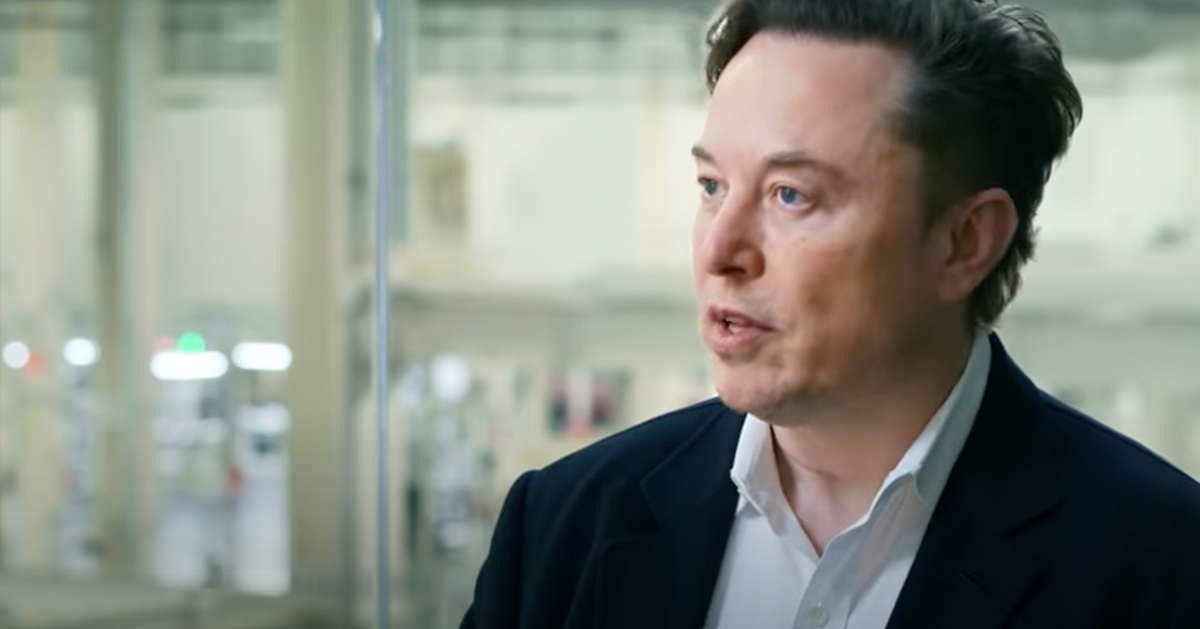GOP Stops Democrats' Plan to Summon Elon Musk
House Democrats attempted to make Elon Musk testify regarding changes affecting thousands of federal employees, but their plan was halted by Republicans, surprising many given a prior lack of votes in their favor.
Members of the House Oversight and Government Reform Committee found themselves unexpectedly scurrying back to the hearing room to address -- successfully -- an effort by Democrats to summon Elon Musk to testify, as The Hill reports.
Musk's involvement, particularly with the Department of Government Efficiency (DOGE), has sparked heated discussion as his recent actions have made a significant impact on federal agencies and their employees.
The crux of the Democrats' concern centered on Musk sending personnel to federal agencies, alongside accessing critical databases at the Office of Personnel Management and the Treasury Department.
Reports have emerged that some employees experienced disruptions at the U.S. Agency for International Development. They were locked out of email systems and instructed not to come to work.
Subpoena Effort Met with Opposition
In a bid to question Musk's significant influence, Democrats tried to issue a subpoena. Rep. Gerry Connolly (D-VA) was vocal about bringing attention to this influence, questioning how someone could implement changes to agencies without congressional examination.
Despite Connolly’s insistence on the need for oversight, Republicans on the committee quickly thwarted the subpoena effort.
The speed at which the opposition moved came as a surprise due to the Republican members initially lacking sufficient votes. A scramble ensued as legislators hustled back to the hearing room to cast their votes.
Musk's Actions and Their Impact
The situation stirred debate because Musk, leading the DOGE, initiated a program that offered large numbers of federal workers buyout packages.
These packages provided eight months of salary and benefits, designed to encourage employees to voluntarily exit their roles. This move raised eyebrows, particularly since Musk’s position as a "special government employee" is typically limited in duration.
The capacity of DOGE employees to access government databases remains unclear. Whether there is any precedent or authority for this access continues to be a topic of investigation and contention.
Republican Leadership Defends Musk's Role
Committee chair James Comer (R-KY) bluntly addressed Democrats, stating that they had an opportunity to invite Musk as a witness. He referenced their choice not to and challenged the Democrats' decision to instead seek the testimony of an academic, as is their usual preference.
Comer was firm in his backing of DOGE, describing true innovation with a metaphor suggesting it's inherently untidy. This, he asserted, aligns with the electorate's call for a change from the established norms.
Debate Over Government Efficiency Department
The unfolding situation raises questions about Musk's authority and influence within federal entities. The Democrats' unease highlights deeper concerns about leadership styles and accountability in governance.
What remains to be seen is how the government will address these activities and whether further actions will follow.
By elevating innovation as a defense, Republicans have signaled a broader acceptance of unconventional methods to improve and even cut bureaucracy. This stance ignites an ongoing national dialogue about balancing efficiency with regulatory oversight.
Questions About Musk's Federal Role
Musk's classification as a "special government employee" further complicates matters, as this status typically restricts tenure and scope of influence. The current climate suggests a re-evaluation may be necessary to better define roles and ensure compliance with statutory obligations.
The dynamics within the committee underscore the polarizing nature of Musk's actions and the broader implications for the future of federal agency management. The ongoing debate serves as a reminder of the intricate checks and balances inherent in the American political system.







